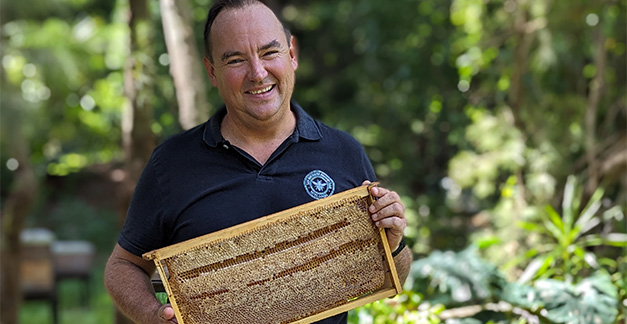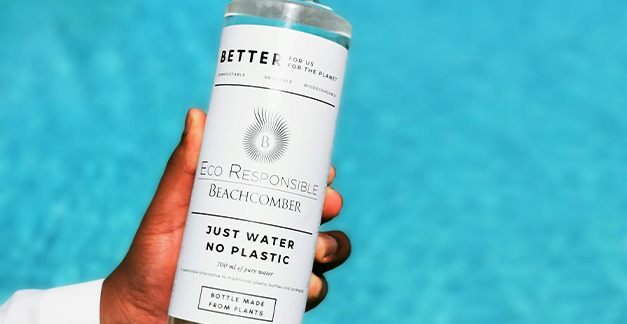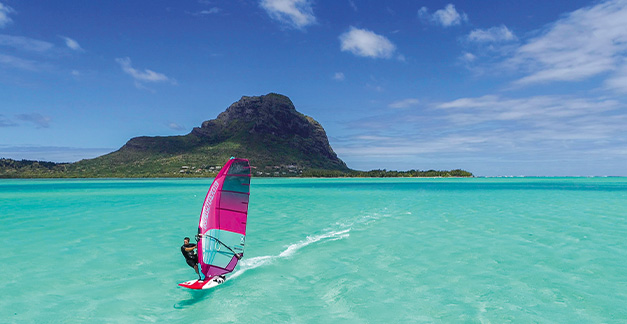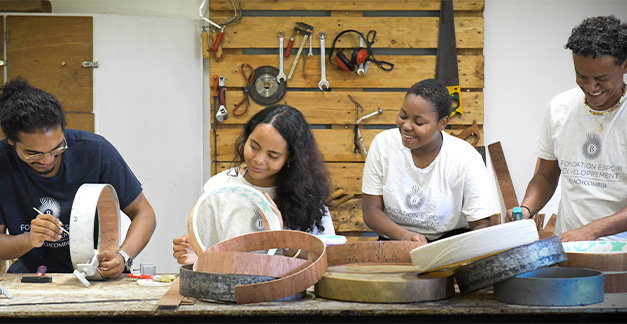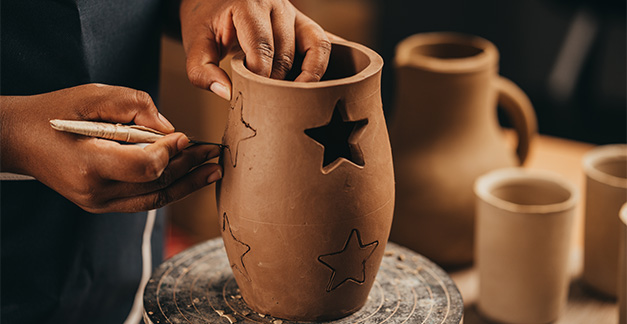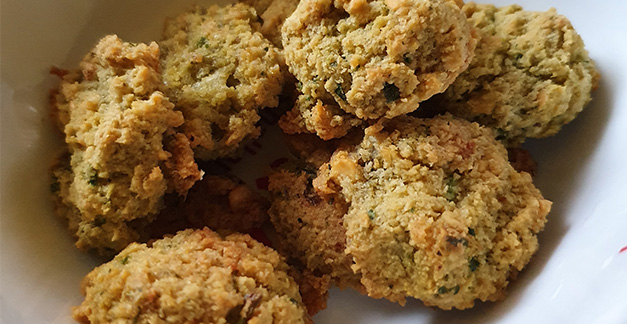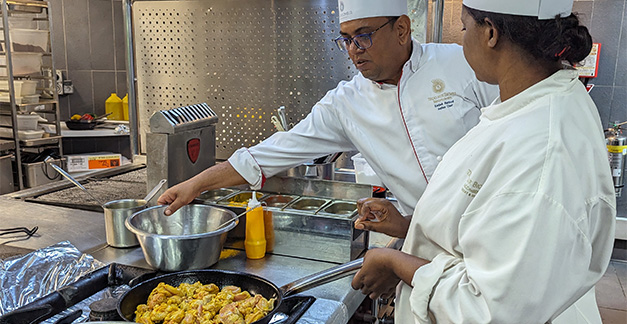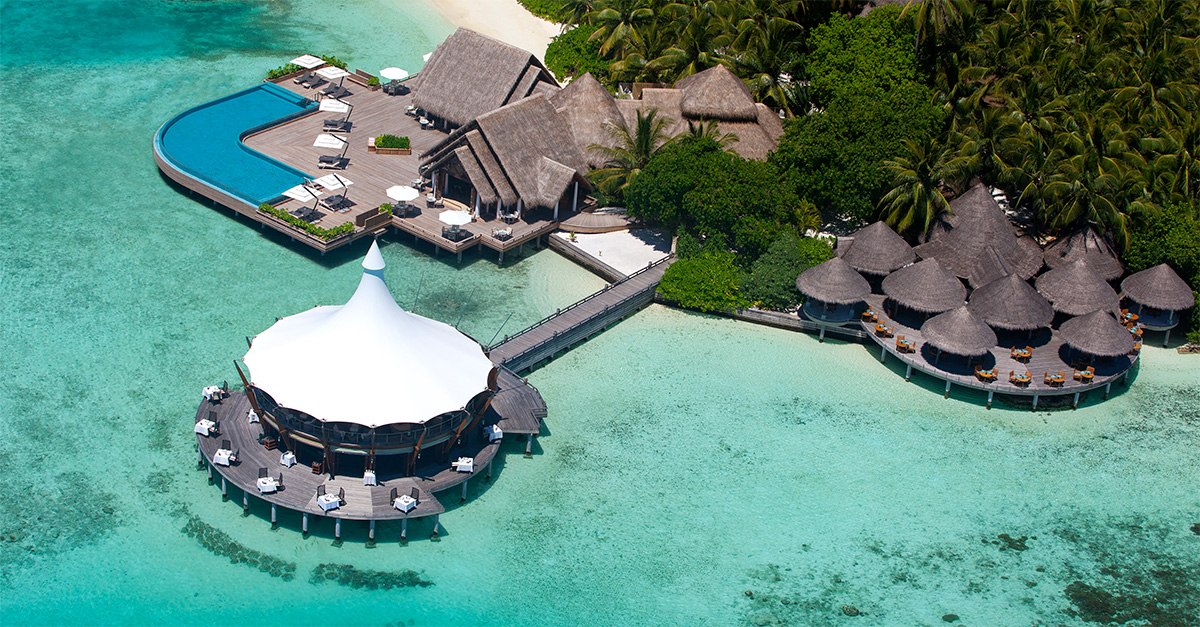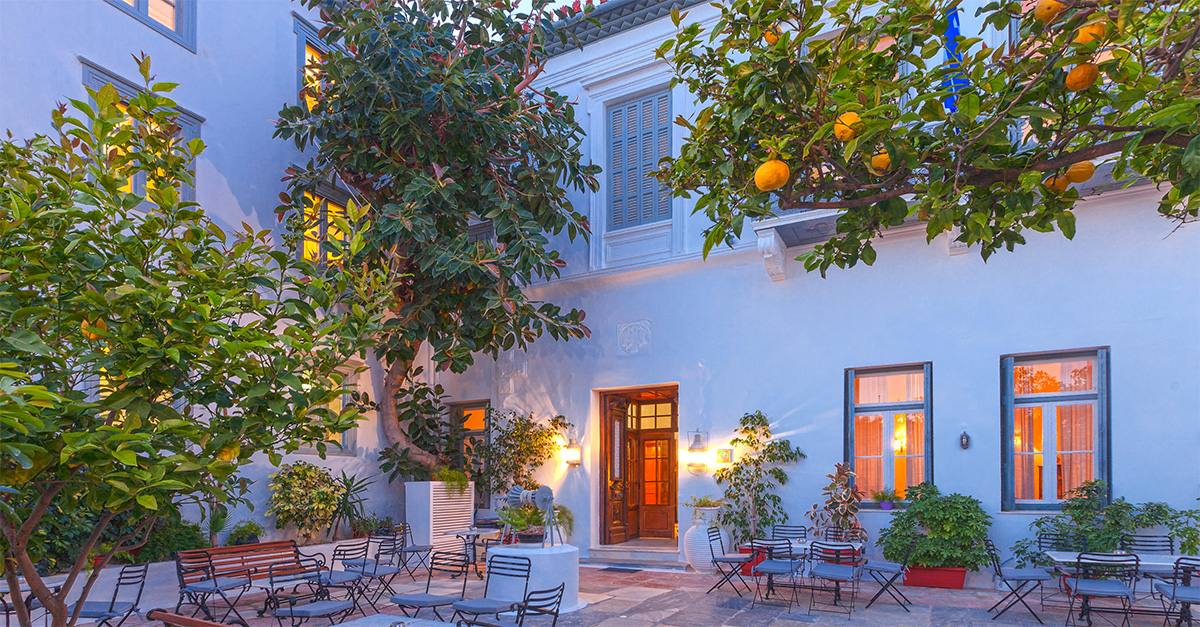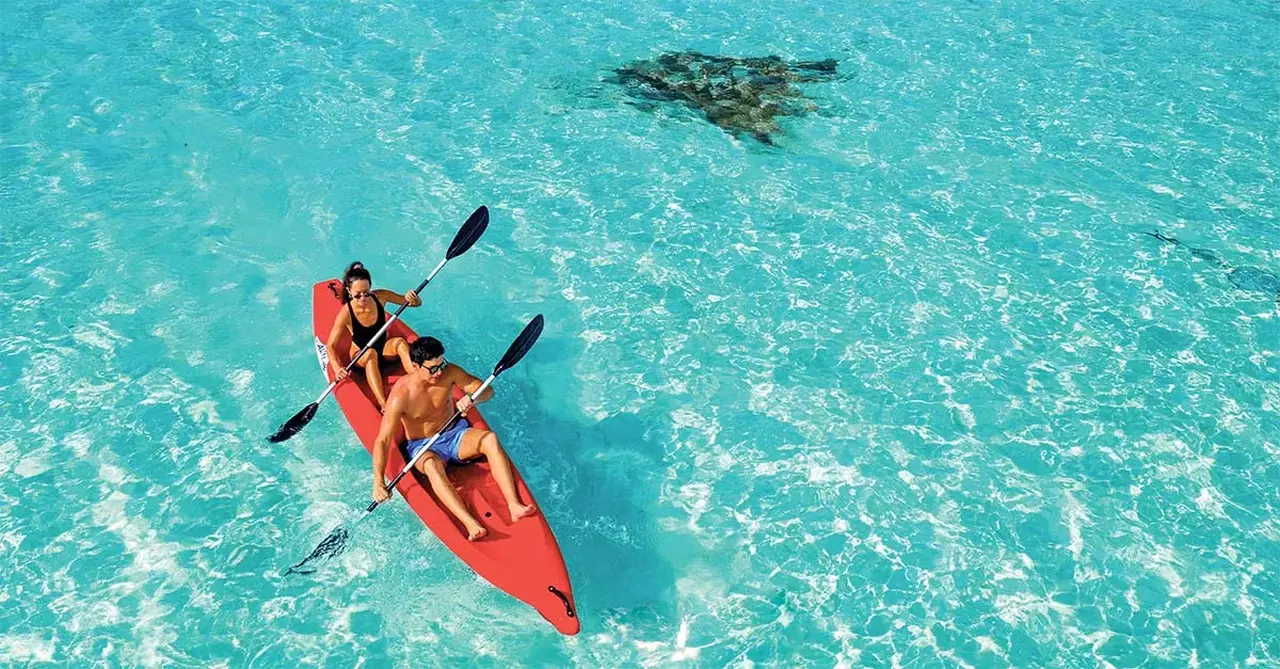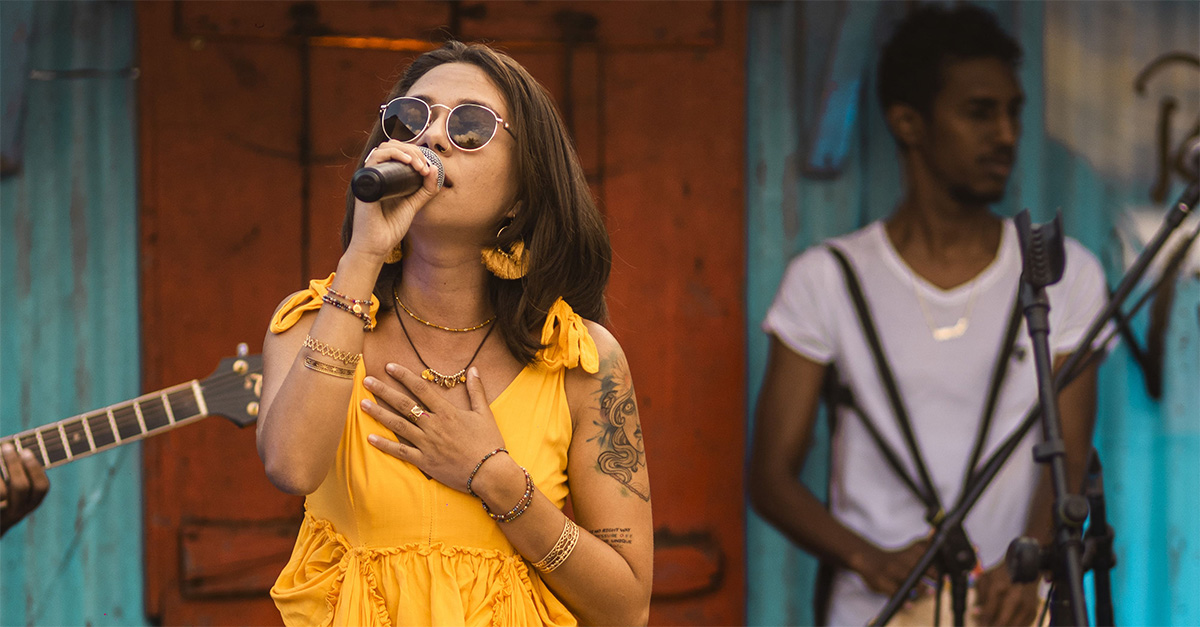You are viewing 1 of your 2 free articles
The hotels shaking up sustainable travel in Mauritius
There’s more to Mauritius than sun and sand, with local resort brand Beachcomber also championing sustainability, finds Katie McGonagle
Click here to download and save as a PDF
There’s a sweet little secret tucked away behind the tennis courts at Beachcomber’s Dinarobin Golf Resort & Spa – and we’re about to discover what it is. We follow a winding path past the spa and fitness centre to a series of small wooden boxes in a shady corner of the tranquil tropical gardens. Most guests probably pass by without a second glance, but these boxes are in fact busy beehives, home to the resort’s resident honeymakers and a key pillar of the Mauritian hotel group’s sustainability strategy.
Beehives were rolled out across each of the group’s eight Mauritian hotels in 2020, under the watchful eye of professional beekeeper Etienne de Senneville. He says: “Bees are the beginning of the food chain. They pollinate the fruits and the flowers, then the birds and animals eat the fruit that gives us seeds to grow another tree – and in return, they give us honey.
“We do everything we can to be sustainable. Bees are very important for the ecosystem, so we’re trying to find the right balance.” With five hives per resort and up to 54,000 bees in each one, it’s more than enough to keep the breakfast buffets well stocked with fresh honeycomb, with surplus to produce jars of eucalyptus honey and sweets to be sold in shops.
Starting this year, the leftover wax will also be sent to community craft enterprise Beautiful Localhands to create organic beeswax candles, with the profits going directly to the people who make them.

Beekeeper Etienne de Senneville
Sustainable hotels
The new beehives are just one of 52 sustainability measures rolled out by Beachcomber Resorts & Hotels to achieve and maintain its certification with EarthCheck, a body that analyses environmental impact and community engagement in the travel and tourism industry.
Last year, Beachcomber became the first hotel group in Mauritius to earn EarthCheck’s gold certification for two of its resorts – Dinarobin and neighbouring Paradis Golf Resort & Spa – along with the company’s head office.
The remaining hotels are expected to achieve the same status this year. While all-inclusive resorts often come in for criticism for their food waste or impact on the local area, Géraldine Koenig, chief risk and compliance officer for Beachcomber, insists the process of auditing and benchmarking has led to marked improvements.

Beachcomber bottled water
Half of its hotels now use solar panels, two feature desalination plants to reduce fresh water use, native plant species have replaced many exotic blooms and irrigation is now exclusively done with recycled water. The hotels are on course to recycle 60% of waste by 2025 – significant on an island that mainly relies on landfill for waste disposal.
Food waste has also fallen, with smaller servings at the buffet, and any leftovers sent to local non-profit organisation FoodWise or to nearby farmers to feed livestock. Koenig says: “We are the biggest hotel group in Mauritius, so we must preserve these sites and make sure our people grow and develop. We have a very important role to play to set the tone for others and for the country.
“As a destination, there’s definitely more consciousness about sustainability now, though there are certain things that are irreversible. The reef is becoming more of a concern because of bleaching linked to climate change.”
That’s evident on a snorkelling tour from the southeastern resort of Shandrani, which reveals not only a colourful array of fish – from pretty butterflyfish and long trumpetfish lurking around the seabed to huge schools of zebra-striped sergeant majors – but also some areas of less-than-healthy reef, where bleaching is clearly evident.

Paradis Beachcomber Resort & Spa
Hand-made Mauritian souvenirs
While some measures such as coral reef preservation take place behind the scenes, guests at resorts such as Trou aux Biches and Cannonier can get involved with sustainability-focused tours and visits to craft workshop Beautiful Localhands.
Set in the west coast town of Bambous, this small studio was established in 2006 to offer a space for people from nearby villages to create products to sell to tourists.
These include the ravanne – a tambourine-like instrument used in traditional sega music and dancing – along with pottery, ceramics, jewellery and other keepsakes.

Making ravannes
About 20 artisans are based at the workshop, with a further 10 working from home – primarily women in search of flexible work – including some who have been with the scheme for more than 15 years. They are self-employed but can access support for business tasks or buying materials.
Perhaps most importantly, they are paid upfront for what they produce. With quick hands deftly stretching goatskins across the circular frame of the ravanne or etching the island’s famous dodo into clay pottery before it’s ready for the kiln, the local artisans’ enthusiasm for showcasing traditional Mauritian crafts shines through. And for clients who want more from the Indian Ocean than sun, sea and sand, it’s a reminder that the island has much more in store for those who explore.

Beautiful Localhands pots
What to eat in Mauritius

Chilli cakes
Gateaux Piments
These ‘chilli cakes’ are falafel-style fritters made with split peas and spiced with coriander and chilli, best enjoyed at an authentic restaurant or local street-food stall in bustling Grand Baie.
Chicken curry
Much of Mauritian cuisine is influenced by Indian ingredients, and the cooking class at Trou aux Biches’ Indian restaurant Mahiya offers a taste of how to recreate its delicious curries at home.
Dhal Puri
This flatbread, made from yellow split peas and stuffed with curries or pickled vegetables, is a street food staple and a popular breakfast treat.

Mahiya cooking class
Tried & tested... Beachcomber resorts
Shandrani Beachcomber Resort & Spa
This family-friendly resort’s key selling point is its location, at less than 10 minutes’ drive from the airport. It has ample coastline offering both a quiet beach suited to swimming and a ‘wild’ one with feistier waves.
Book it: Seven nights’ all-inclusive in a Superior Room starts from £2,085.*
Trou aux Biches Beachcomber Golf Resort & Spa
This is Beachcomber’s biggest resort. It’s well-suited to clients who want plenty of water sports, restaurants and bars. Suites are spacious and come with access to the beach or shared pools. Many also have outdoor showers, private plunge pools or privileges at the nearby golf course.
Book it: Seven nights’ half-board in a Junior Suite starts from £2,105.*
Paradis Beachcomber Golf Resort & Spa
Fresh from a €12 million refurbishment completed last October, Paradis is one of the island’s most striking resorts, with the Le Morne mountain as a backdrop and an on-site golf course. The renovation upgraded 120 rooms and eight suites as well as its beachfront restaurants, including Mauritian eatery Blue Marlin and Mediterranean-style spot Zest.
Book it: Seven nights’ half-board in a Paradis Bay View Room starts from £2,190.*
*All prices are per person and based on two people sharing, departing June 2025. They include economy flights with Air Mauritius, private transfers and free land and water sports. beachcombertours.uk

Paradis Beachcomber Resort & Spa
PICTURES: Christopher Laurenz; Edition Ile aux Images; Sar Production; Shutterstock/darryllouis245
Read more
What’s new in Mauritius?
6 of the best adult-only resorts for honeymoons
How 5 hotels are conserving the underwater world in the Indian Ocean

